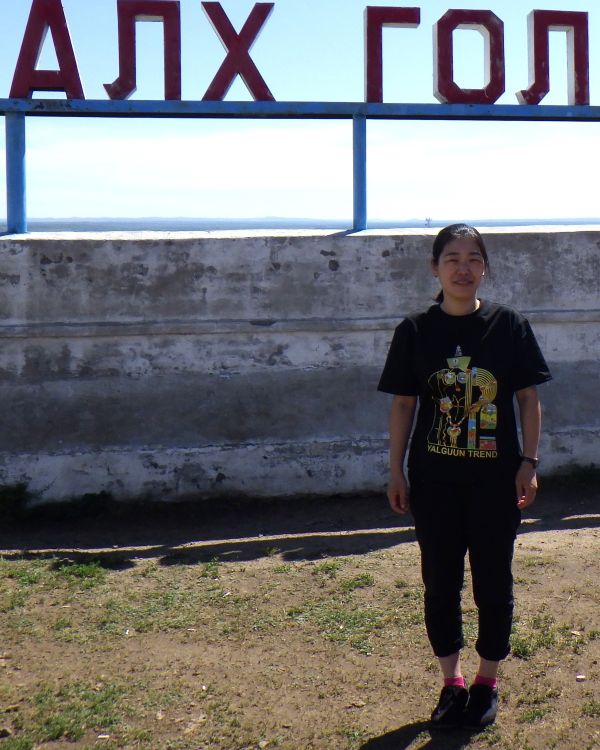
-
Period15th(Term: from Apr. 2025)
グローバル型 -
Research InterestsHistory
-
Research TopicFamily and gender norms in early modern nomadic pastoral Mongolian society
-
Host DepartmentGraduate School of Letters
-
Previous AffiliationJapan Society for the Promotion of Science
I have long been interested in the lives of people in premodern Mongolian nomadic pastoral society. From the eighteenth century, a large collection of historical records produced by the Mongols themselves has been preserved, offering glimpses into their daily lives. However, the National Archives of Mongolia only became widely accessible to foreign researchers in the 1990s, and the number of scholars in this field is still limited. Consequently, despite the wealth of historical sources, the everyday lives of Mongols remain largely unexplored. Against this backdrop, my research has examined how herders in Mongolia were routinely managed while maintaining their pastoral mobility, with a focus on their daily lives.
Nevertheless, as the fundamental unit of this administrative system was the adult male, the roles and positions of children, women, and the elderly have not been coherently accounted for. In response, my study in the Hakubi Project focuses on ‘family’ in this society, exploring how the notion of ‘family’ varied among individuals, who they considered as family, and what specific roles and norms were expected of each family member. By investigating these questions, I seek to examine the lives and family structures of pastoral nomads in premodern Inner Asia.